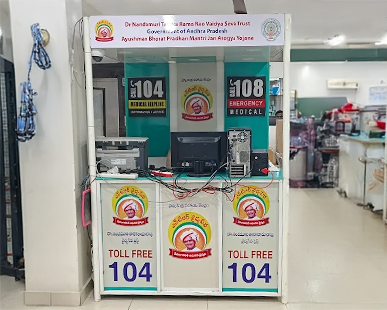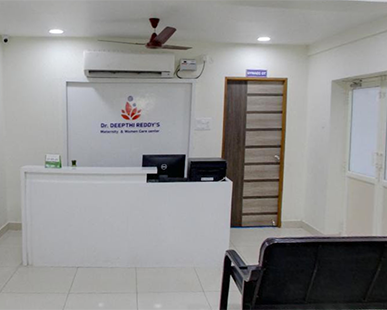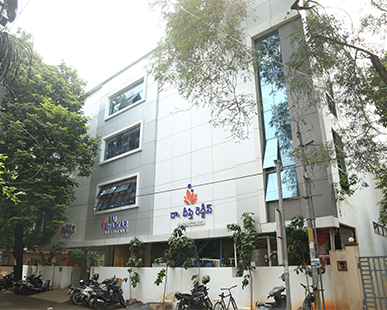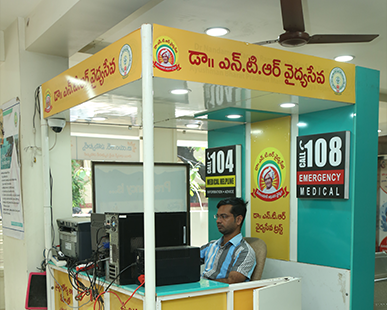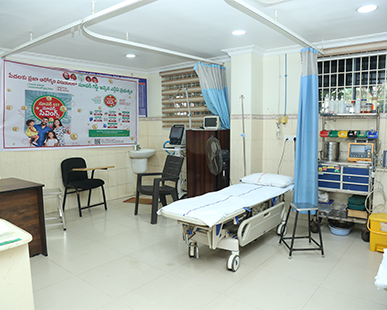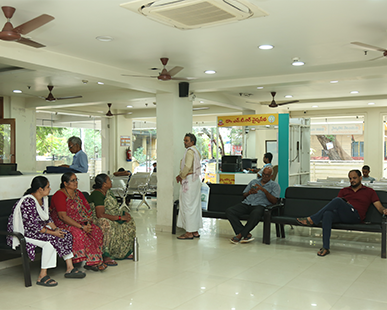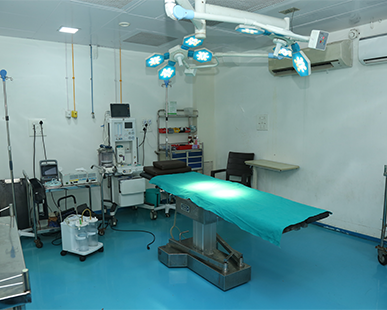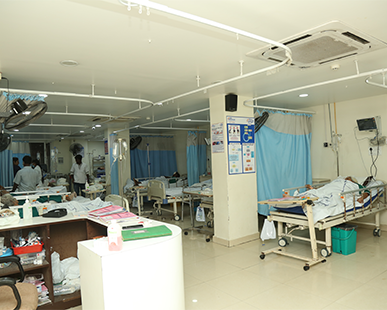We admitted our mother for a bone fracture surgery. The treatment and the care taken by the staff is good. Recommended for the best treatment.

A reliable hospital for joint replacement surgeries since decades. A multispecialty hospital for Orthopaedic Surgery , Gynaecology Obstetrics , Chest Diseases, Pain Clinics. Equipped with Mako Smart Robotic Arm of Stryker for patient specific , precision Total Hip and Total Knee Replacement surgeries performed by Dr Busireddy Narendra Reddy.
Whether you're looking for the best Orthopedic surgeon in Guntur or require contemporary Joint replacement care in Guntur, we are ready to serve you. Known as Guntur's top multispecialty hospital, we are devoted to changing lives via sophisticated medical care.
We take pride in being a leading joint replacement hospital in Guntur, renowned for performing complex surgeries.

Our expert orthopedic surgeon in Guntur specializes in cashless ortho surgery in Guntur for your convenience.
Read More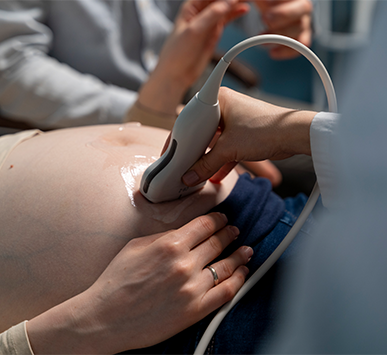
Delivering incredible perinatal services and innovative gynecological procedures to women.
Read More
Focusing on the prolific diagnosis of respiratory disease & therapy for a sound & stress-free future.
Read More
Harnessing modern tech for Neuro and Spine surgery in Guntur to improve the quality of life in patients.
Read More
Our plastic surgery team provides the finesse and surgical proficiency to cover soft tissue breaches.
Read More
Featuring modern facilities, our emergency unit offers life-saving measures.
Read More
Our general surgeons blend advanced techniques for a quick recovery.
Read More
Your first step toward holistic healing with clarity, care, and compassion backed by a patient-first approach.
Read MoreWe offer holistic orthopaedic treatment in Guntur at, Sai Bhaskar Hospitals offering reliable, innovative, and ethical medical care.









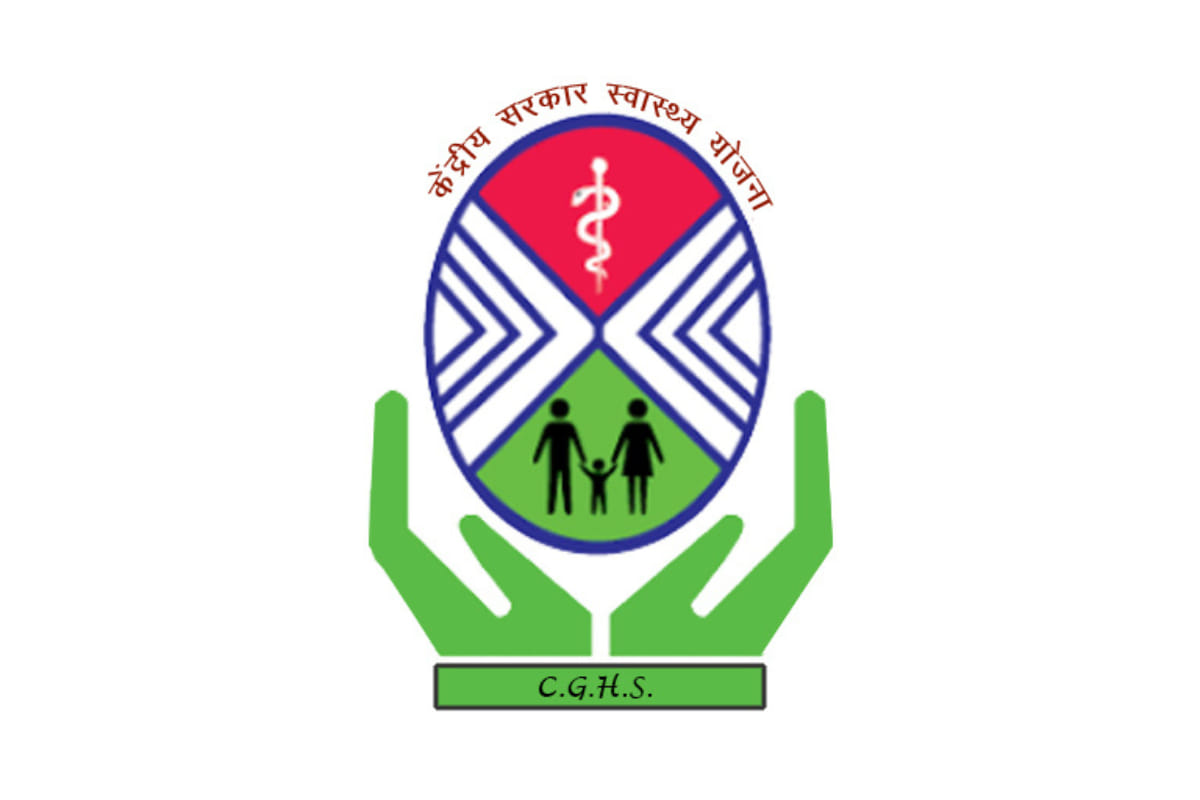

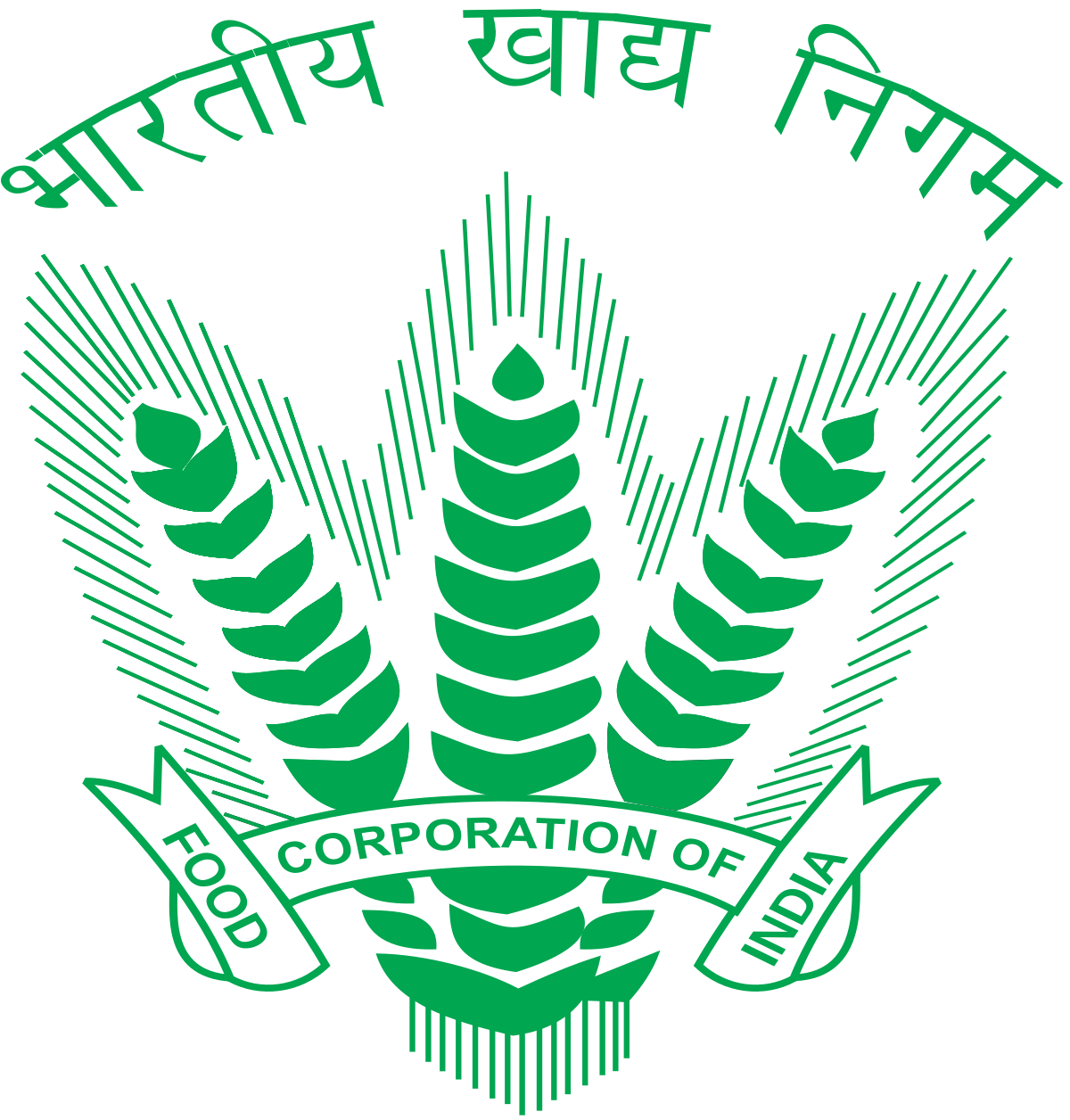
































Our team of skilled and caring doctors is committed to providing trusted medical expertise and personalized care for every patient.






Hear from our patients who have experienced compassionate care and expert treatment at Sai Bhaskar Hospitals.
We admitted our mother for a bone fracture surgery. The treatment and the care taken by the staff is good. Recommended for the best treatment.
Treatment in Hospital is very good. Doctor's, Nurses and all the staff are very Friendly and Kindly. Over all Hospital atmosphere is very good. It is the Best Hospital i have ever seen.
Patient caring is good. Time to time doctors visiting is good. Hospital is clean and neat. Totally good thank you Dr Narendra Reddy sir and all.👍👍
Very nice hospital in all respects. I really like this I myself come to the hospital with out any other's advice and my self known by seeing advertisements and other self enquiry
Totally good service. Staff is so caring parents. Time to time doctors visiting. Neatly and hygiene hospital. Dr.Narendra Reddy sir excellent doctor. We are so happy
Stay updated with health tips, treatment insights, and the latest happenings at Sai Bhaskar Hospitals.


